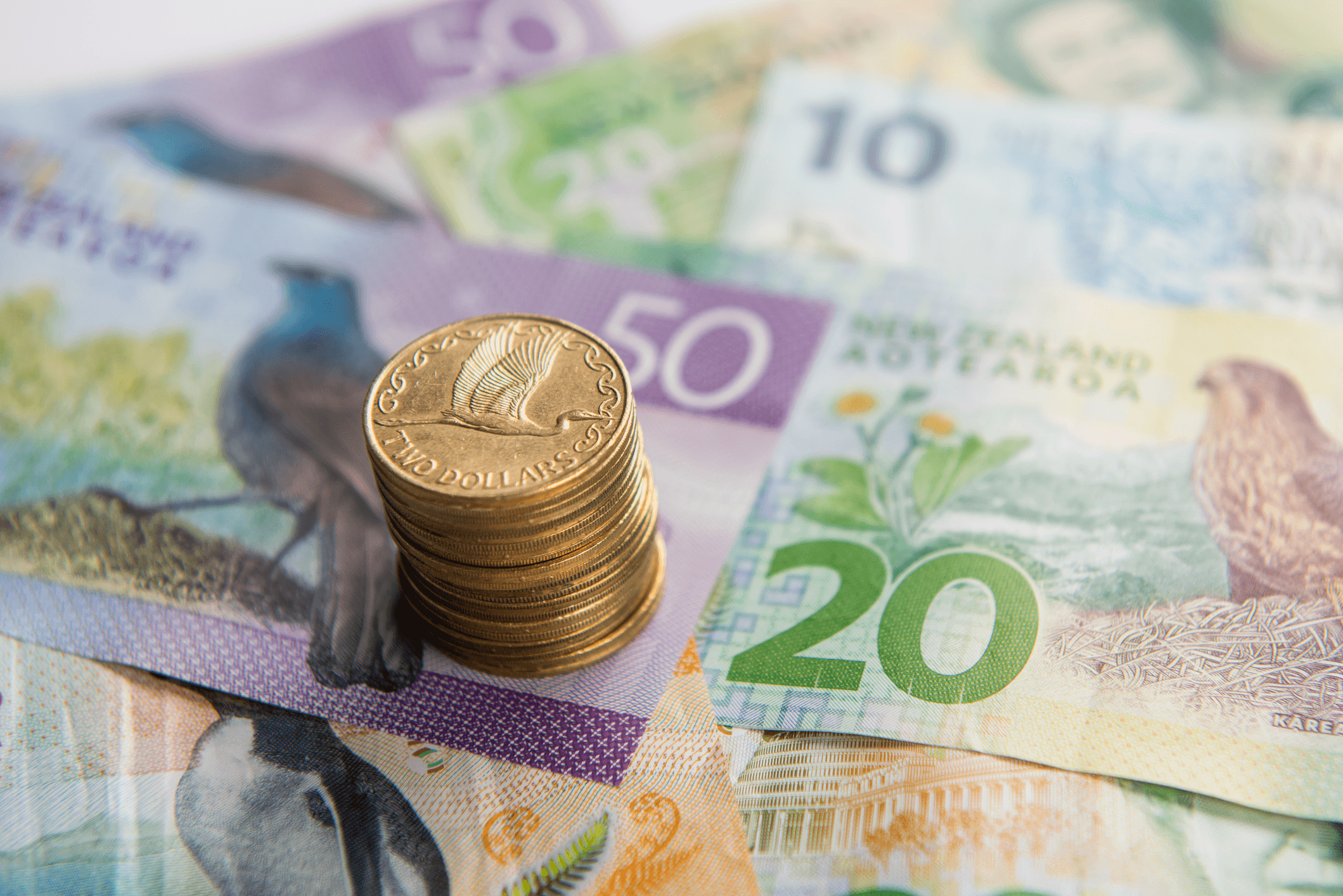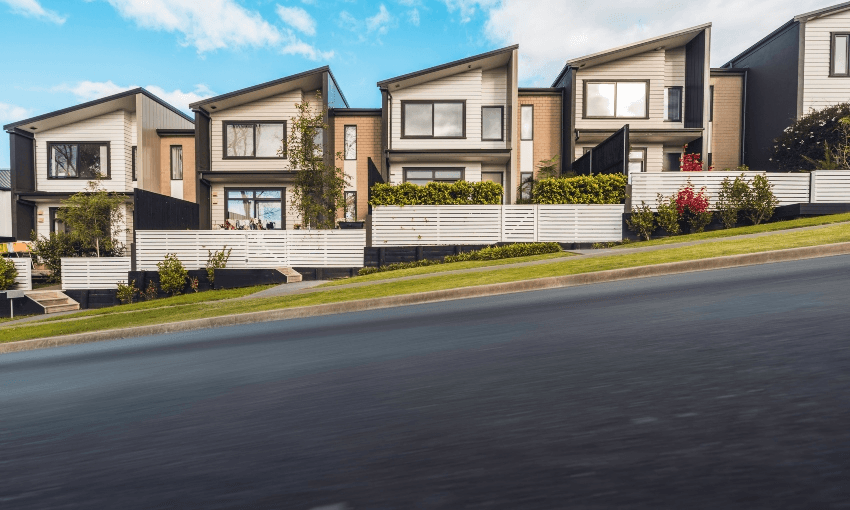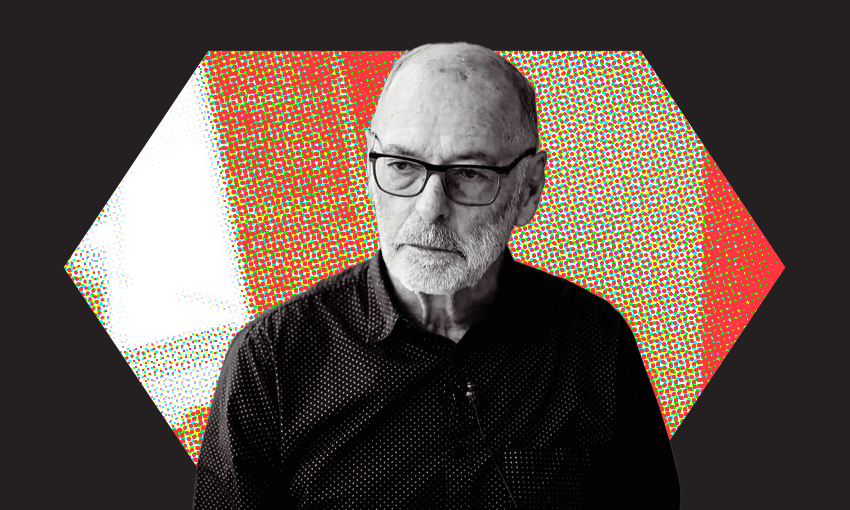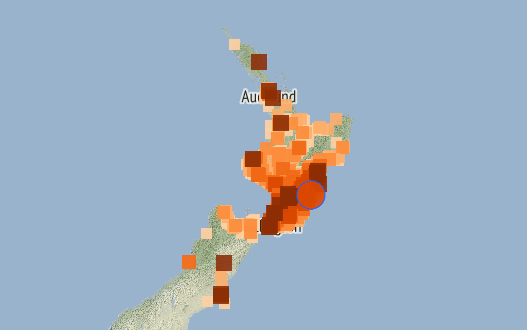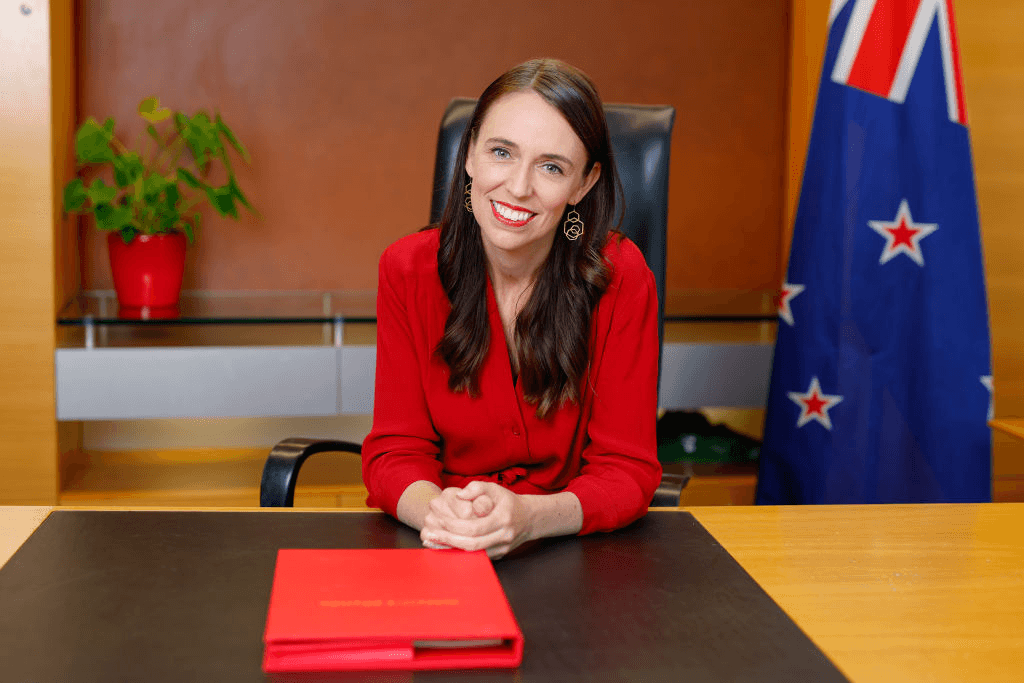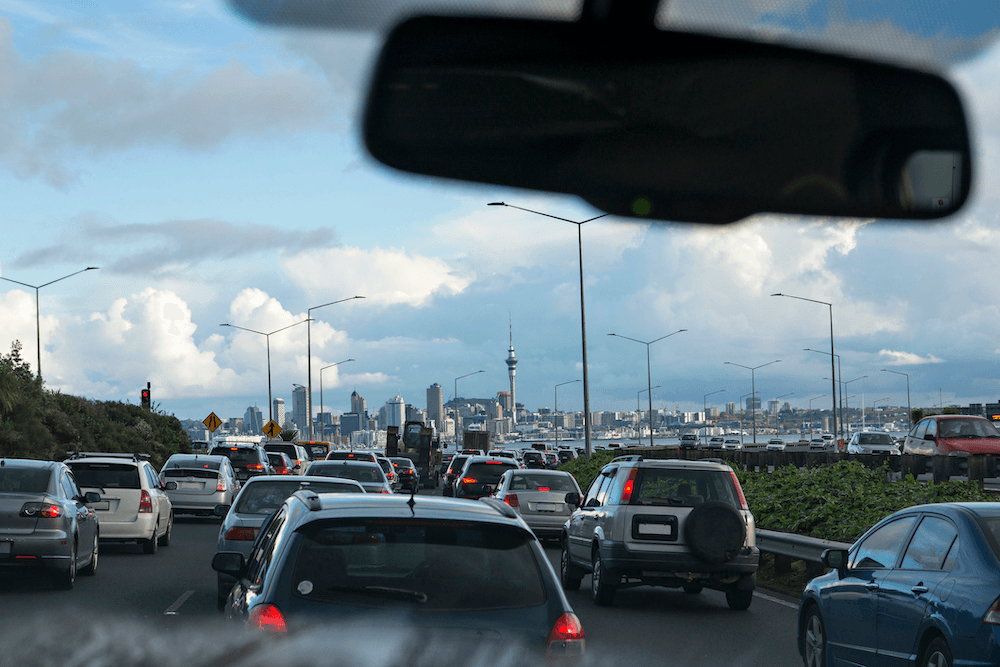A new report highlighting the average wage earner is taxed at twice the rate of the wealthiest New Zealanders has drawn a range of responses from across the political spectrum.
The extensive, data-driven IRD report was released earlier this afternoon, prompting the revenue minister David Parker to label the country’s tax system as fundamentally unfair – but not go so far as to announce any new policy.
Both National and Act blamed the government for the wealth inequality described in the report and said that introducing new taxes, for example like one on capital gains, would be the wrong approach.
“The IRD research shows that in 2017 the wealthiest New Zealanders made economic income of $1 billion. However this soared to a staggering $14.6 billion in 2021 as finance minister Grant Robertson’s policies took hold,” National’s Nicola Willis said.
“This is the direct result of the government’s decision to allow the Reserve Bank to print tens of billions of dollars through its extended quantitative easing programme and the massive blow out in its own spending, up $1 billion a week since Labour came to office.”
She added, doubling down on the party’s views about a capital gains tax, that: “The Minister for More Tax, David Parker, can keep flogging the dead horse of a capital gains tax as much as he likes, but it doesn’t change the fact that the main driver of inequality under Labour has been its own economic policies.”
Meanwhile, the Greens called for the government to “show the courage of Michael Joseph Savage and fix our crumbling infrastructure with taxes on those who profited handsomely during hard times for many”.
Chlöe Swarbrick, the party’s revenue spokesperson, said it was now a “political choice” not to force millionaires to pay “their fair share”.
One party outside of parliament that’s been pushing for changes to the tax system is the Opportunities Party, or TOP. Its leader Raf Manji has proposed a tax-free threshold of $15,000 and the replacement of the current tax thresholds. “We cannot continue to have more working groups and committees discussing this issue without taking any action,” he said. “It is time to shift our focus to a fairer tax system that ensures everyone pays their fair share.”

